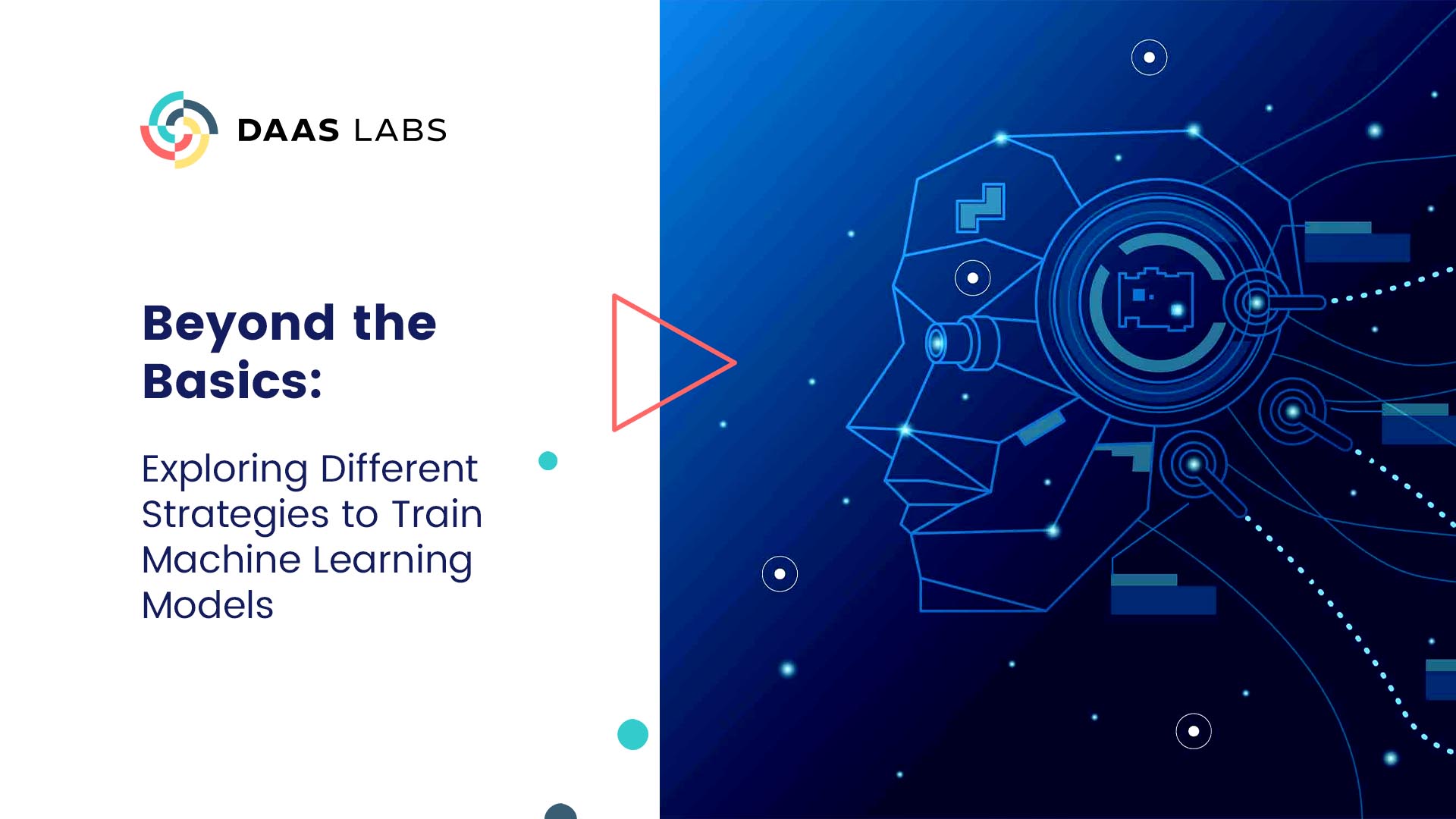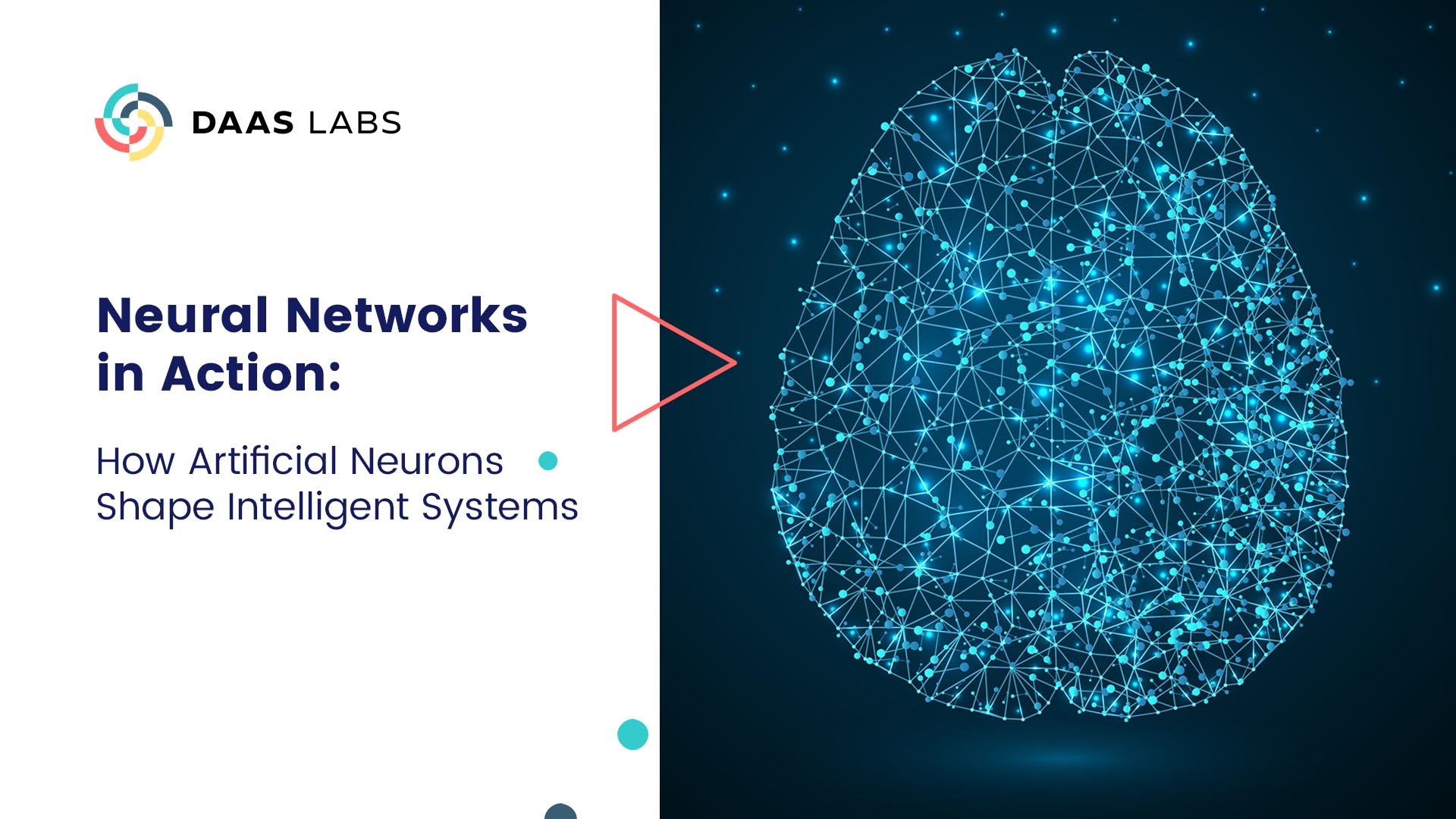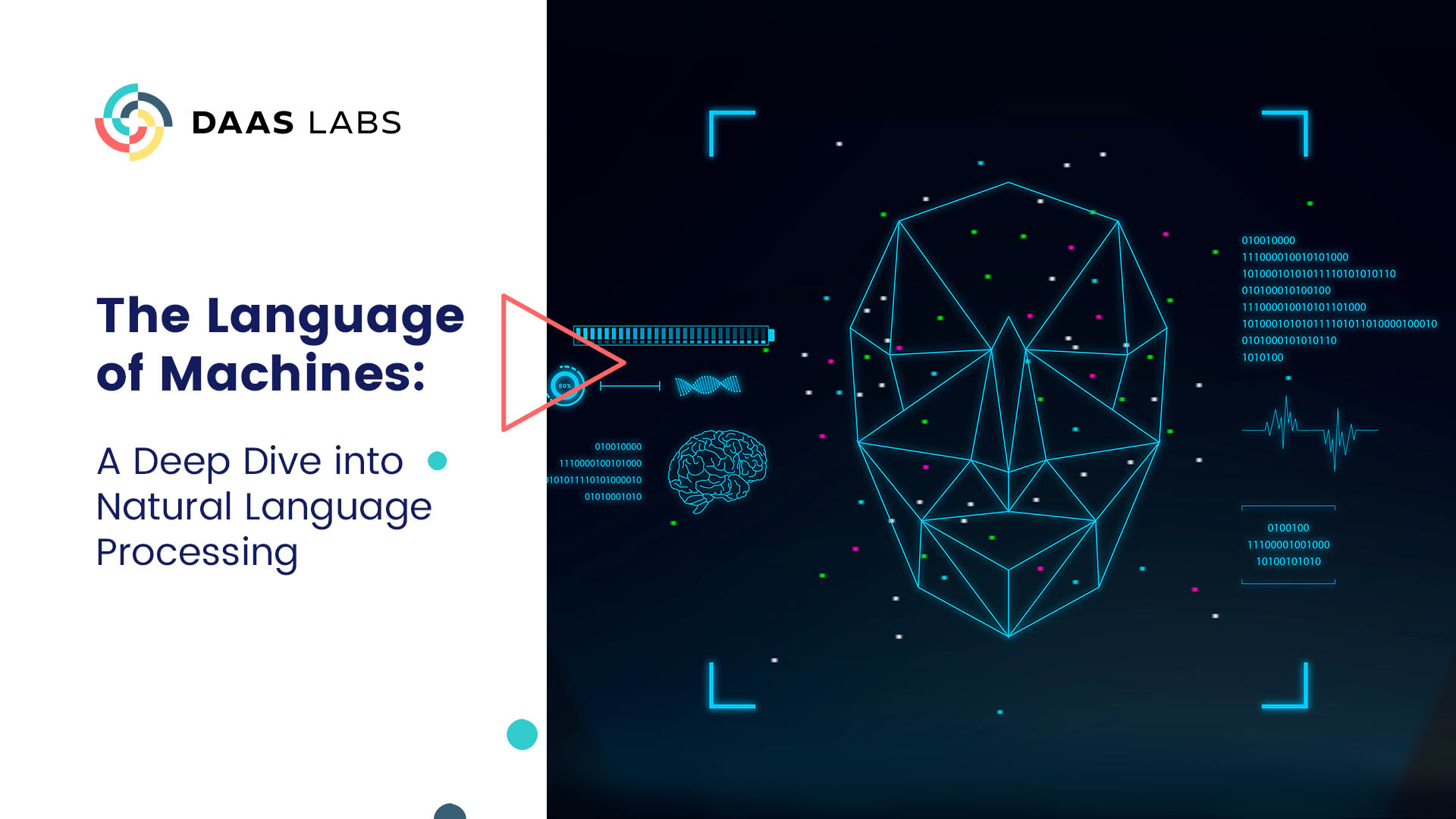Building a Data Infrastructure: Understanding the Role of Data Engineering
Data engineering is a field within data management that involves designing, building, and maintaining systems and infrastructure responsible for collecting, storing, processing, and analyzing large volumes of data.
It focuses on the technical side of data management and plays a crucial role in enabling decision-making and insights for an organization.
Data engineers are responsible for developing and managing data pipelines, databases, and data processing systems that allow organizations to handle their data efficiently and effectively.
They work closely with data scientists, analysts, and stakeholders to understand the data required and design systems to ensure data is available, reliable, and accessible.
The key responsibilities of a data engineer are:
Data collection:
- Identifying the relevant data sources and designing systems to collect and intake data from those sources, whether internal or external.
Data storage and management:
- Designing and implementing data storage solutions, including databases and data warehouses, to efficiently store and manage large volumes of data.
Data transformation and processing:
- Developing the required data pipelines and workflows to clean, transform, and process data to ensure data quality, consistency, and compatibility using downstream applications and analytics.
Data integration:
- Integrating data from disparate sources (sources that are different, unrelated, and independent) and systems to ensure data consistency and enable data harmonization for analysis and reporting.
Data Governance and Security:
- Implementing data governance practices and security measures to protect sensitive data under data privacy regulations and organizational policies.
Performance optimization:
- Monitoring and optimizing data pipelines as well as processing systems to ensure performance, scalability, efficiency, capable while handling large volumes of data and meeting business needs.
Collaboration and communication:
- Collaborating with cross-functional teams, including data scientists, analysts, and stakeholders, to understand their data needs and provide technical solutions to enable decision-making and insights for the organization.
Data engineering often requires working with technologies, frameworks, and tools, including relational databases, distributed processing frameworks, data integration tools, cloud platforms, and programming languages such as Python, SQL, and Scala.
Data engineers play a critical role in managing data, ensuring that organizations have reliable, accessible, and well-structured data for analysis and data-making purposes.
I am an analyst for DAAS LABS. I love exploring the world of technology and sharing it through my articles.






